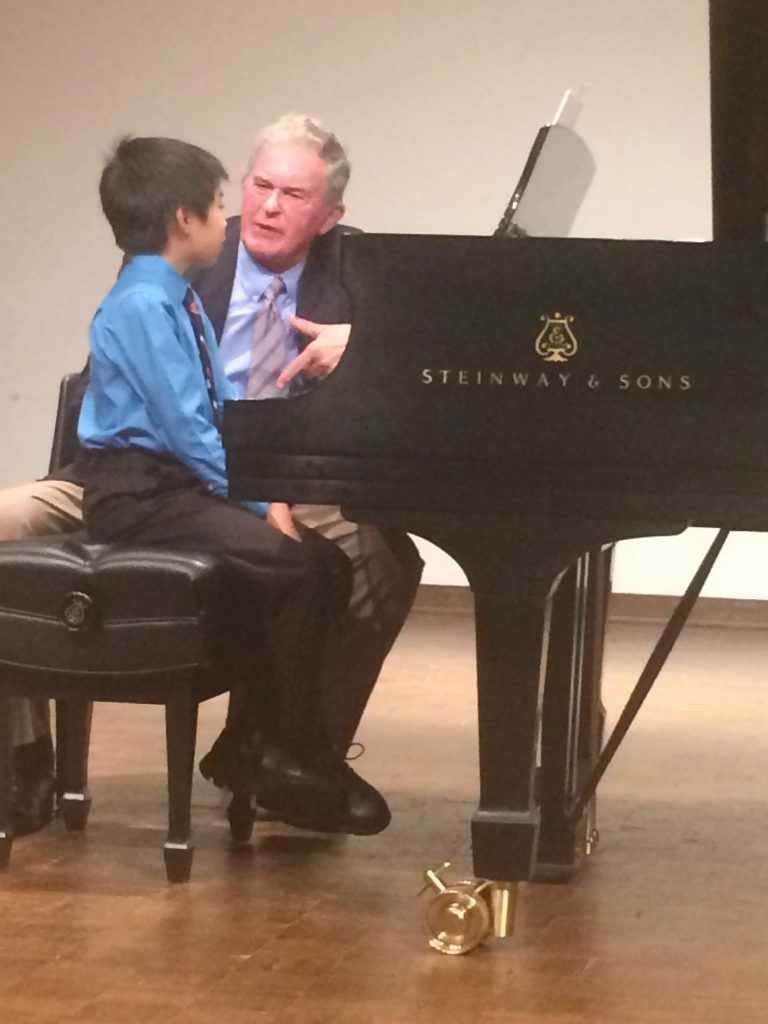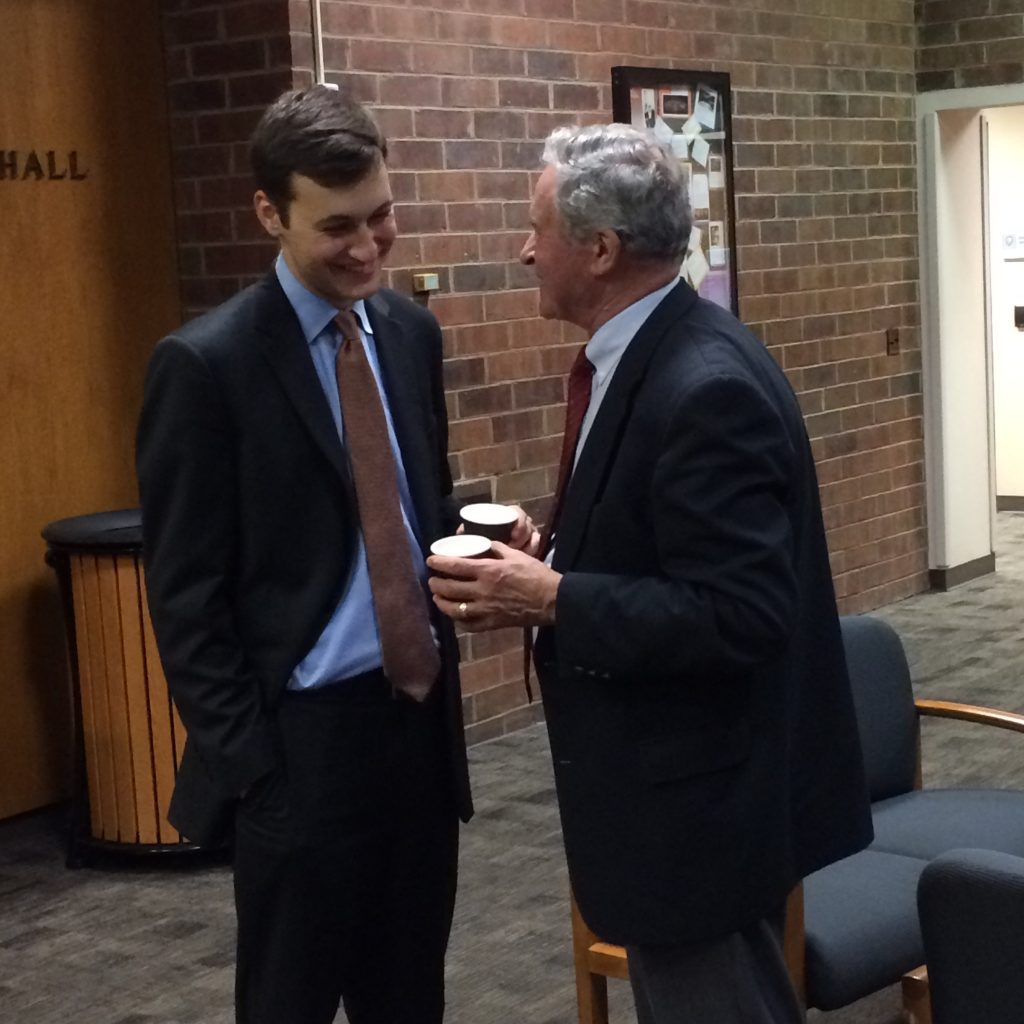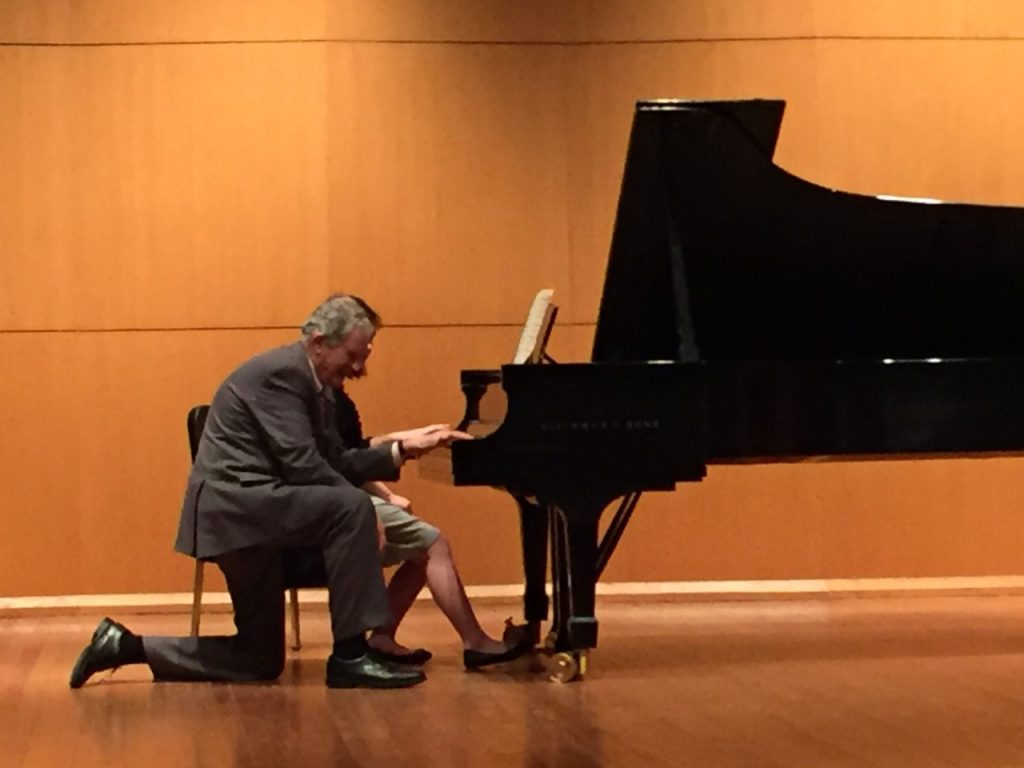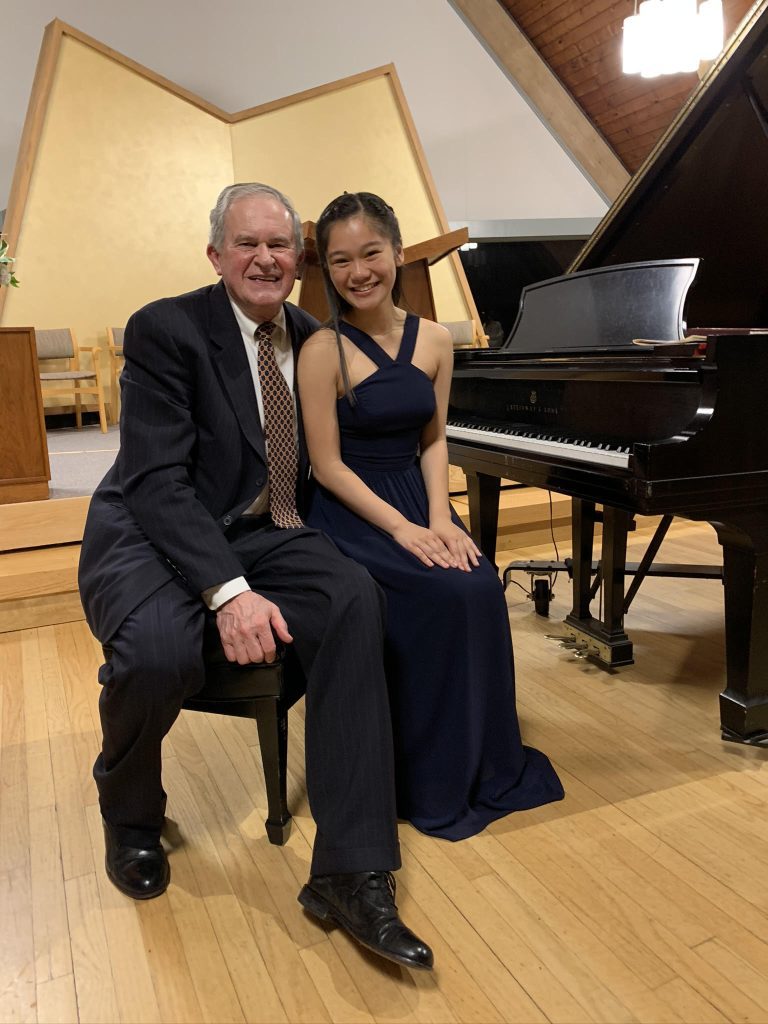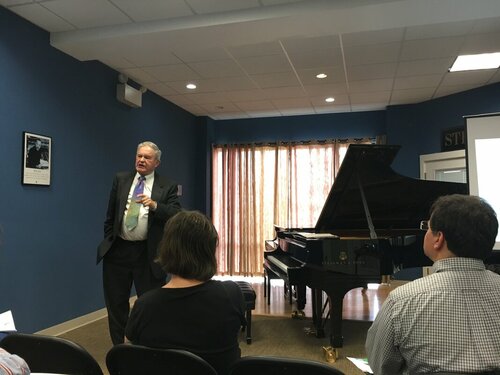This past May, we invited our followers to submit questions for Marvin Blickenstaff about all things teaching in honor of his birthday (May 19). We hope you enjoy reading his answers below. You can read Part One here. This week, Marvin is touring Colorado, Utah, and Nevada with staff from the Frances Clark Center. Is Marvin coming to a place near you? Check his tour schedule here: https://pianoinspires.com/marvin-blickenstaff-on-tour/.
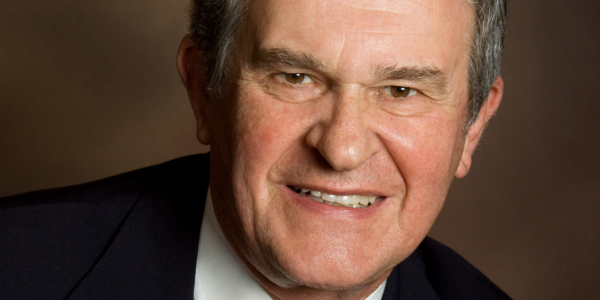
Do you have any advice for avoiding burnout? Or recovering from it? The last few years have been so intense as a teacher and I feel tired! But I still love my students and want to give them my best.
It’s a good question. It’s an important question, because we work too hard. We’ve got too many students, we don’t have enough time for ourselves or our families. And my first answer is to take a hard look at your schedule. Is there any time that you reserve for yourself? Even five or ten minutes in your schedule that’s just for you? A sure, clear road to teacher burnout is never having any time for yourself.
I think another way to avoid teacher burnout is to find some beautiful music and listen to it or play it for yourself. And if you don’t sight read well enough to play advanced repertoire, find some beautiful music at your students’ levels. And you play those just as beautifully as you possibly can.
It may seem a little bit off the tangent from our topic of teacher burnout, but I would urge you to do a little bit of evaluation of some of your lessons. For most of my life, I taught piano pedagogy on a college level. And I had a favorite way to start the first pedagogy class out with these students. I would say, “We’re here to learn piano pedagogy. We’re going to teach music principles to young, beginning piano students.” Then I’d say, “But, before we can do that, we ought to define what music is. What is music?” And I would just stop there, and let them discuss for a while. And they would argue this side and that side, this idea versus that idea. And usually the definition would turn out to be something like, “music is expression.” I would say, “In a way, that’s almost enough. Music is expression. But, I need you to go on and finish that. What is it that music is expressing?” And with a little bit of work playing devil’s advocate, the class would come up with a definition. It varied a bit from year to year, but always landed around, “Music is the expression of the entire human experience through organized sound.”
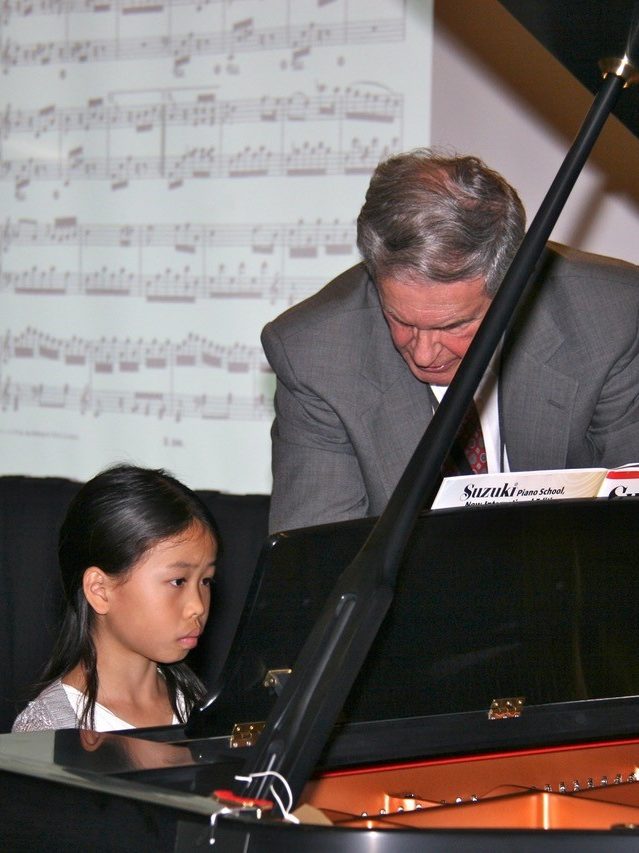
Now I say that because I think it can help with our issue of teacher burnout. If we would ask ourselves at the end of the day, or at the end of a lesson, “Did I teach music lessons?” We might say, “Well, that lesson had the main emphasis on technique, or that lesson had the main emphasis on rhythm. Or, in that lesson, I spent most of my time labeling harmonies and naming harmony.” And I would say the most exciting for us as teachers is actually when we work on expression. Music is expression. We feel like we’re really music teachers when we emphasize that, and the students get fired up because they’re playing their pieces more beautifully, or more excitingly, etc. Getting our students fired up to make beautiful sound is one way to avoid teacher burnout.
Another thing that you could do to avoid teacher burnout is to take a piano lesson. It could be an esteemed teacher in your community. It could be just a colleague in your teachers group. But play for somebody, take a lesson. And it’s not just that you play through the piece, but solicit comments on your playing. That can just give you lots of new life and a new zest in your step about your playing.
What is your favorite piece to perform? To teach?
I’m not sure. I play quite regularly and I’m working right now on repertoire to play on my 90th birthday. Isn’t that shocking? I’m planning to play a recital on my 90th birthday! And I have the recital picked out, I’m practicing on that, and I’m enjoying that so much.
A lot of times I start out recitals with this Schumann Romance. And then Schubert Impromptu in G-flat Major. So those over the years have become some of my favorite pieces.
What’s my favorite piece to teach? I’m not sure that I have necessarily a favorite piece to teach. But I will tell you that I’ve tried to get every student up to the level where they can play Solfeggietto. I just find so much value in that piece. So, I try to get everybody to play it, and then we have fun trying to see how fast we can get the speed on it. It’s just a fantastic technical piece.
What advice do you have for people who are still learning the craft?
I, and I’m sure many of you, learned most through the school of hard knocks. We taught, we evaluated ourselves, and we learned. We made some mistakes, so we revised and relearned. I think most piano teachers will tell you that they learned the most from their own teaching and evaluation. Of course, some of us were lucky enough to have good pedagogy courses. And that can be very, very helpful.
So, how do teachers learn? I would say, first of all, you learn how to teach by playing the piano. And what you experience is what you share with your students.
Another thing that helps us improve our teaching is to read new music, and then say, “How would I introduce this piece? What are the highlights of this piece? What are the important things?” In other words, you must analyze. That’s an important teacher skill.
Another way to improve your craft is to record your lessons, or even just one or two lessons, listen, then ask yourself, “Was that a music lesson?” Remember our definition of music? Music is the expression of the entire human experience through organized sound. Every part of that definition is to be evaluated when you listen to your recording. Music is the expression—was there an emphasis in your teaching on what that music expresses? Music is an expression of the entire human experience—what mood, what emotion? What human experience was expressed? Was it joy, sadness, loss, frustration, anger, remorse?
One other thing that helps me teach a better lesson is to write out a lesson plan for every lesson so I know what’s going to happen. At the top of the lesson plan, I write the acronym: TERRAC. T stands for technique. E stands for expression. The first R is reading. The second R is rhythm. A is aural skills. C is creativity. These are aspects that I incorporate into each lesson plan so that I’m sure that I’m teaching the students a well-rounded lesson. That can help tremendously in improving your teaching.
What is something you’ve learned in the last year that has changed your teaching?
I’m constantly reminded of the infinite potential of every one of my students. I have come to believe that each student has the potential for being a young artist. And if I start my work with a student with the attitude in mind, “I believe in you and your artistic potential,” that really is tremendously helpful.

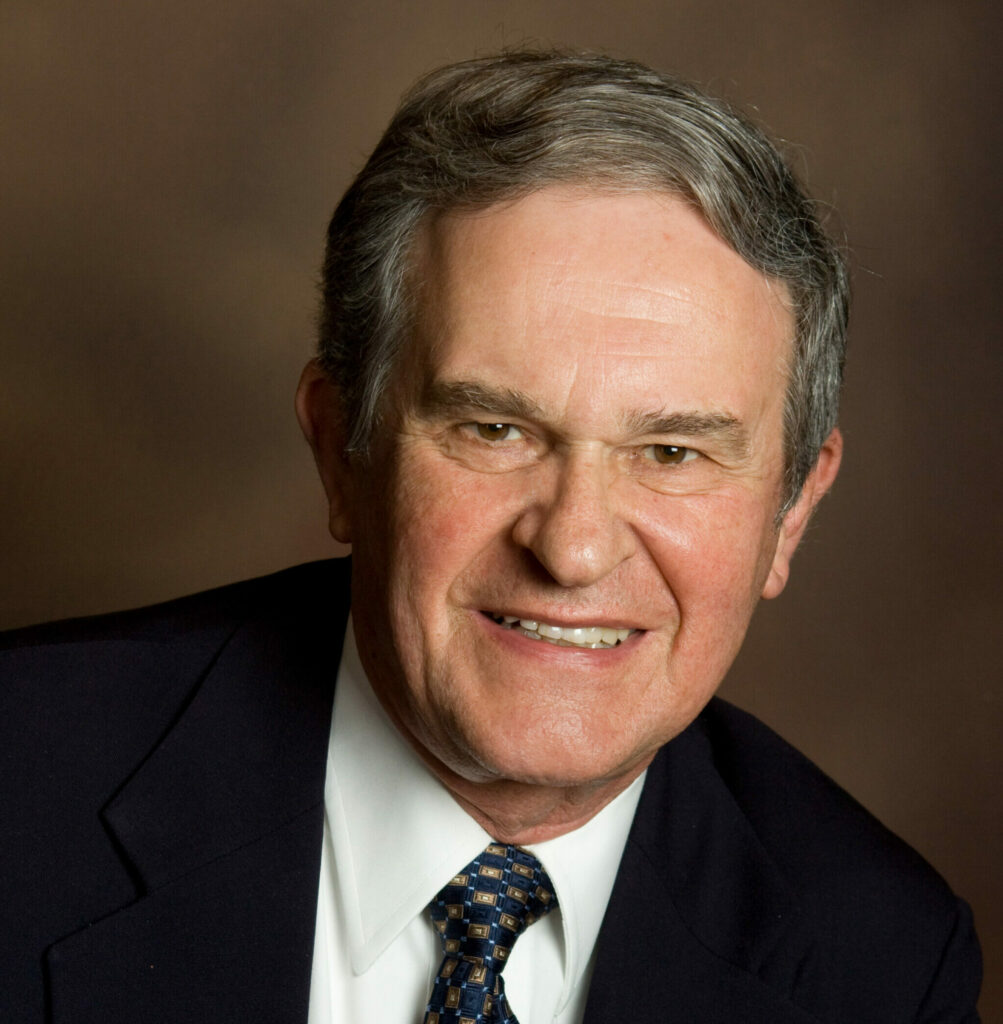
The Marvin Blickenstaff Institute for Teaching Excellence
In 2023, the Frances Clark Center established the Marvin Blickenstaff Institute for Teaching Excellence in honor of his legacy as a pedagogue. This division of The Frances Clark Center encompasses inclusive teaching programs, teacher education, courses, performance, advocacy, publications, research, and resources that support excellence in piano teaching and learning. To learn more about the Institute, please visit this page.
We extend a heartfelt invitation to join us in commemorating Marvin Blickenstaff’s remarkable contributions by making a donation in his honor. Your generous contribution will help us continue his inspiring work and uphold the standards of excellence in piano teaching and learning for generations to come. To make a meaningful contribution, please visit our donation page today. Thank you for being a part of this legacy.
OTHER RESOURCE YOU MIGHT ENJOY:
- MAGAZINE ARTICLE: A Tribute to Marvin Blickenstaff and his Pedagogical Legacy by Sara Ernst, Jane Magrath, Karen Zorn, Joel M. Harrison, Marianne Williams, Zack Kleiman, Henry Banta, Anya Smith, and Nina Austria
- MAGAZINE ARTICLE: Intuition is Overrated: 10 Lessons Learned After Interviewing Sixty Leaders in Teaching World by Ben Kapilow
- WEBINAR ARCHIVE: Messages Written on Our Students’ Slates with Marvin Blickenstaff
- WEBINAR ARCHIVE: Teaching Demonstration (NCKP Rebroadcast) with Marvin Blickenstaff
- WEBINAR ARCHIVE: Bach Inventions: Prepare, Present, Perform with Marvin Blickenstaff
- INSIDE THE STUDIO VIDEO SERIES: Marvin Blickenstaff
- FOUNDATIONAL TECHNIQUE SERIES: Message from Marvin Blickenstaff
- FOUNDATIONAL TECHNIQUE SERIES: Technique Q&A with Marvin Blickenstaff
- FOUNDATIONAL TECHNIQUE SERIES: Warm-ups for Teachers with Marvin Blickenstaff
- Use our search feature to discover more!
